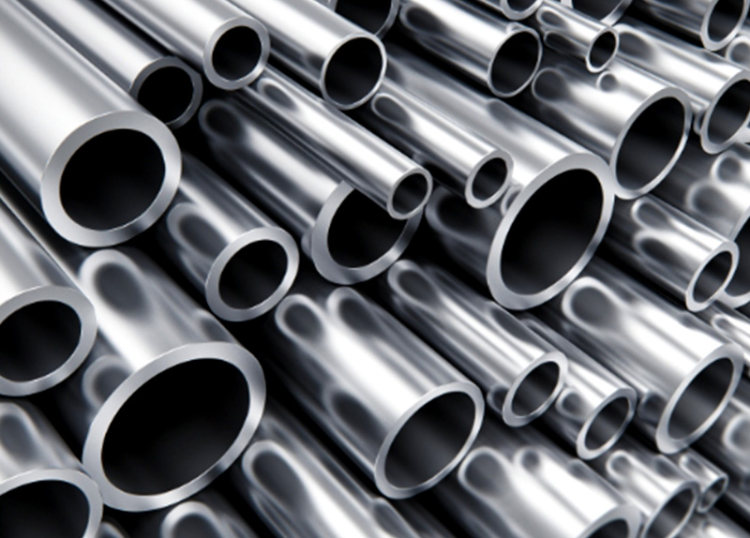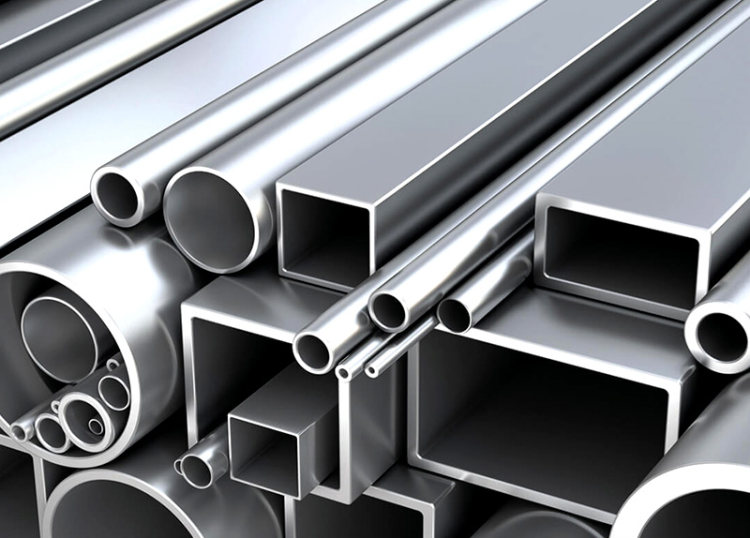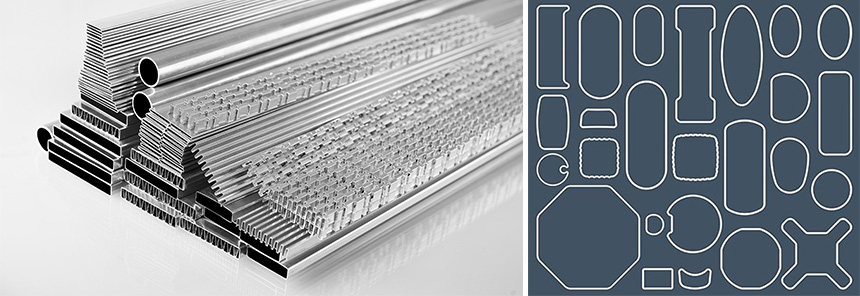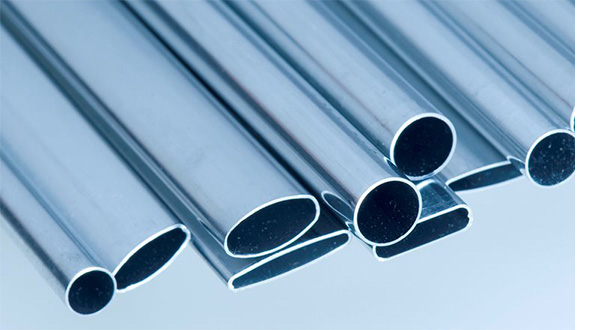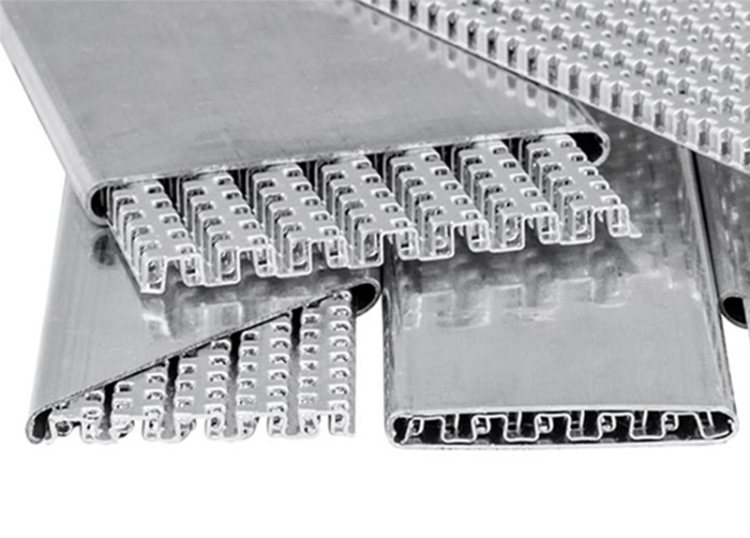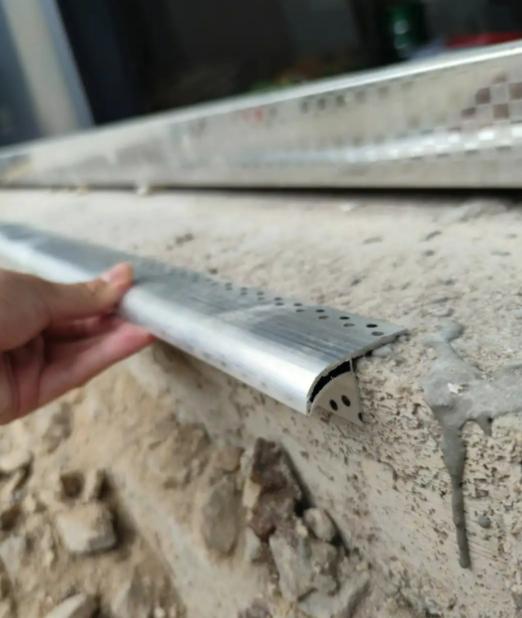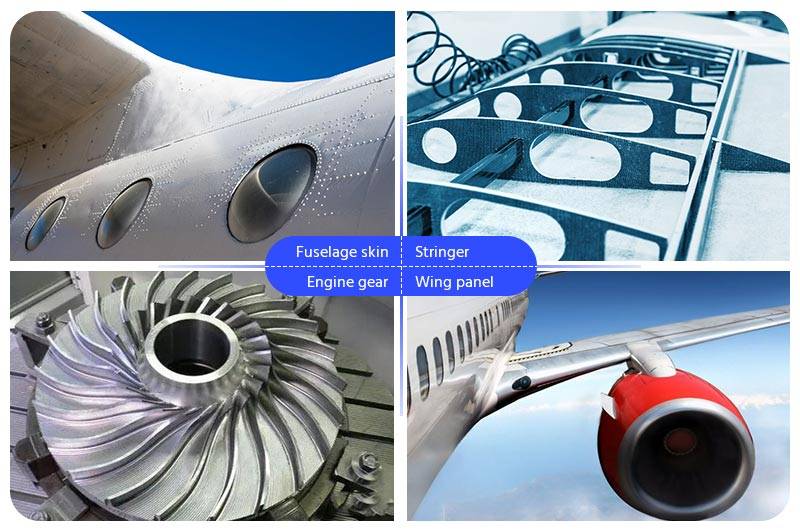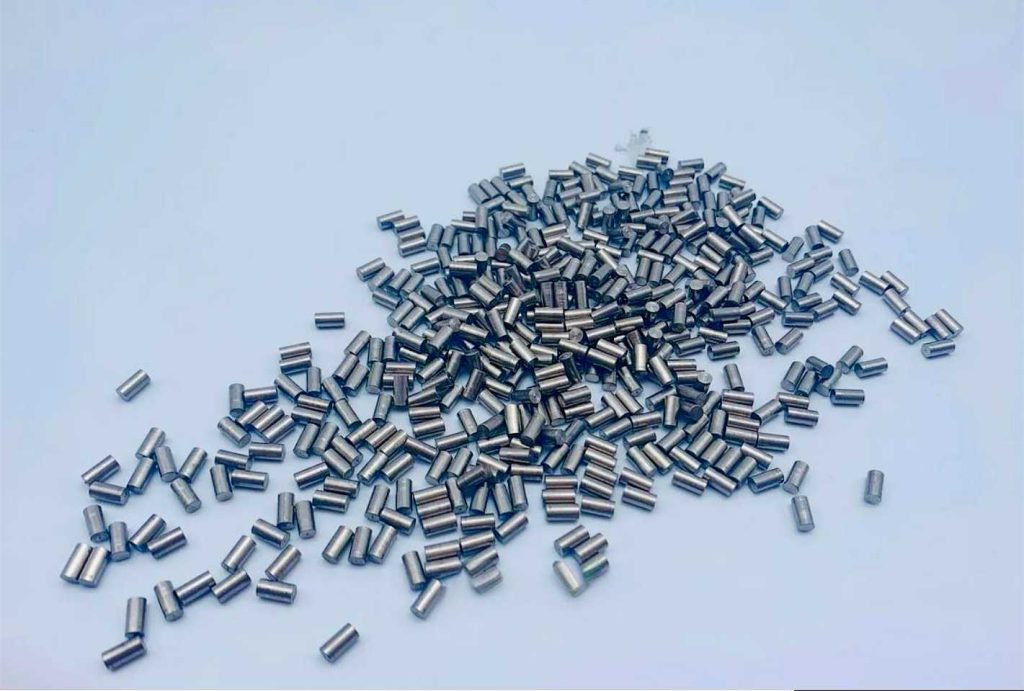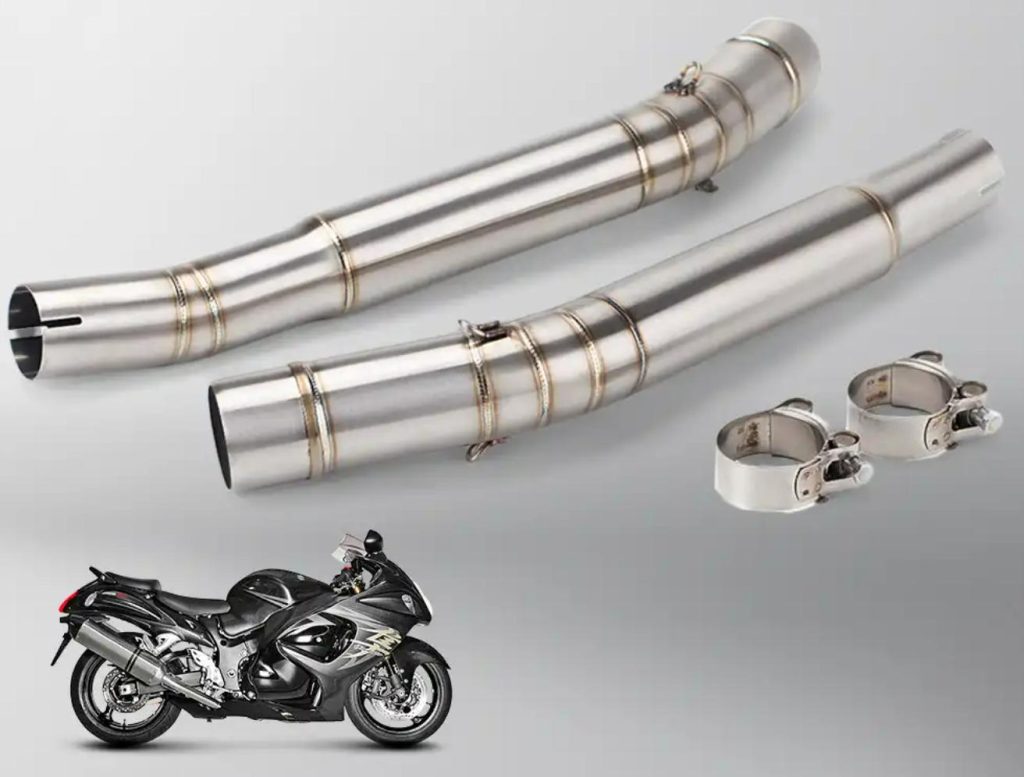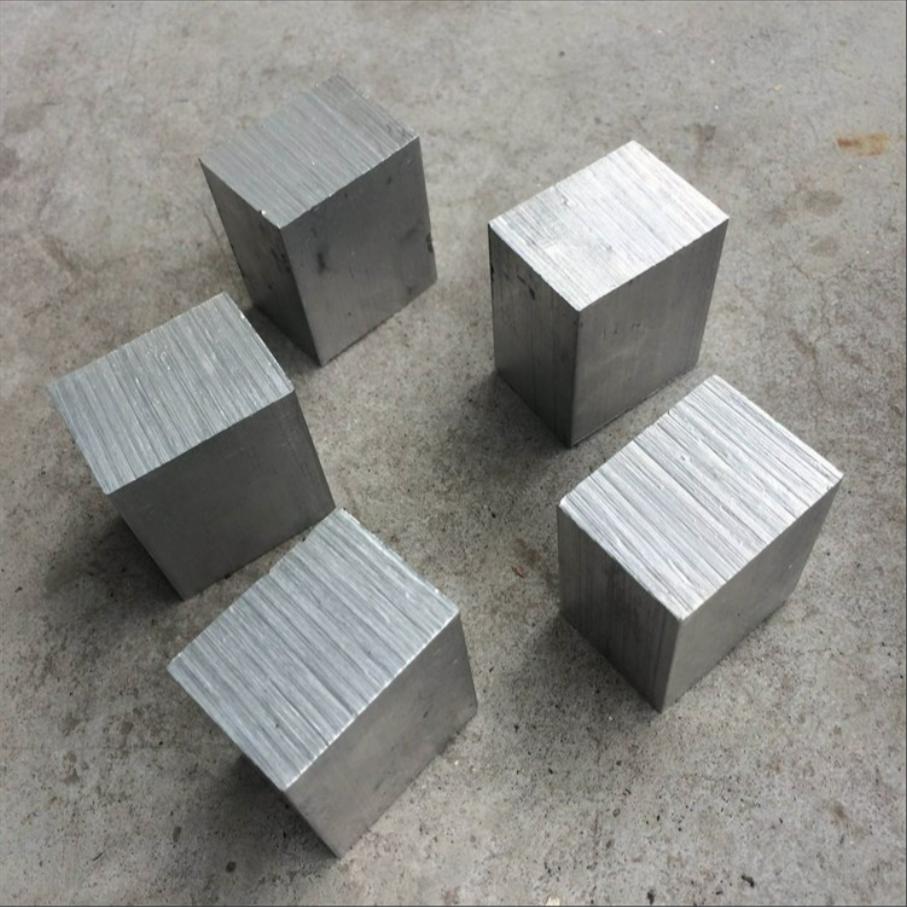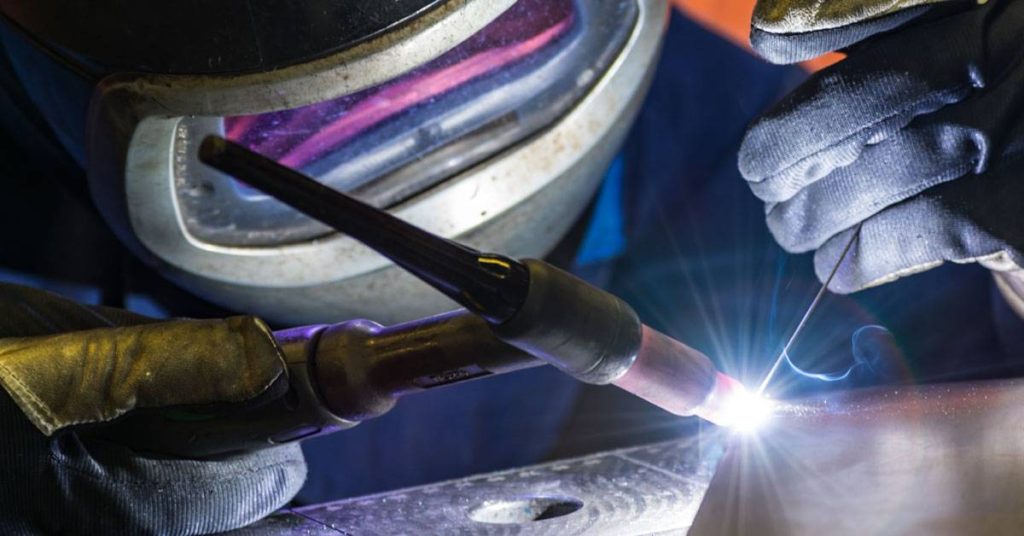In the ever-evolving landscape of the beauty industry, packaging plays a pivotal role in shaping consumer perceptions and influencing purchasing decisions. Aluminum has become a popular choice for cosmetic packaging due to its unique combination of properties that cater to the specific needs of the beauty industry. However, not all aluminum is created equal, and understanding the types of aluminum used in cosmetic packaging is crucial for both manufacturers and consumers. In this article, we will delve into the various types of aluminum utilized in cosmetic packaging and explore the advantages they offer.
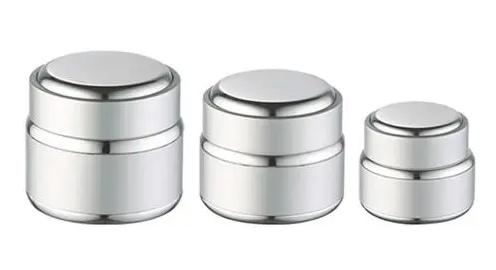
Type of Aluminium Used in Cosmetic Packaging
The type of aluminum used in cosmetic packaging can vary based on the specific requirements of the packaging and the preferences of the manufacturer. However, certain grades and alloys are commonly employed in the production of cosmetic packaging. Two common aluminum alloys used for this purpose are 3003 and 8011:
- Aluminum Alloy 3003: This alloy is often used in cosmetic packaging due to its excellent formability, corrosion resistance, and moderate strength. It is suitable for applications where shaping the aluminum into various forms and designs is essential.
- Aluminum Alloy 8011: Another commonly used alloy for cosmetic packaging is 8011. This alloy offers a good combination of strength, formability, and barrier properties. It is often used for applications like blister packs and foil for cosmetic products.
Both of these alloys are aluminum-manganese alloys, and their properties make them well-suited for forming, which is crucial for creating the diverse shapes and sizes often required for cosmetic packaging. Additionally, it’s important to note that the specific alloy used can vary depending on the manufacturer’s requirements, the type of cosmetic product being packaged, and considerations related to cost, sustainability, and desired physical properties of the packaging material.
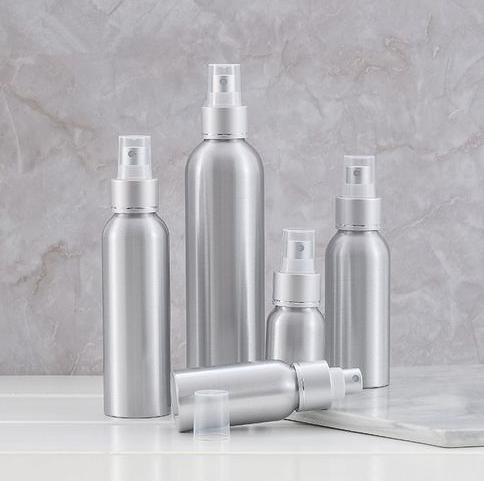
Advantages of Aluminum in Cosmetic Packaging
- Lightweight and Durable
One of the primary advantages of using aluminum in cosmetic packaging is its lightweight nature. This ensures that the packaging is easy to handle for both manufacturers and consumers, contributing to a positive user experience. Despite its light weight, aluminum is remarkably durable, offering protection to the delicate contents of cosmetic products.
- Corrosion Resistance
Aluminum’s natural oxide layer provides excellent corrosion resistance. This is a crucial factor in cosmetic packaging, as it protects the product from external elements, ensuring its quality and integrity throughout its shelf life.
- Recyclability
Sustainability is a growing concern in the cosmetics industry. Aluminum is highly recyclable, making it an eco-friendly choice for packaging. Recycled aluminum requires significantly less energy to produce than virgin aluminum, contributing to environmental conservation efforts.
- Barrier Properties
Aluminum offers exceptional barrier properties, protecting cosmetic products from light, moisture, and air. This is particularly important for preserving the efficacy and longevity of skincare and beauty formulations.
- Customization and Aesthetics
Aluminum packaging allows for a wide range of customization options. Manufacturers can emboss, engrave, or print intricate designs on the packaging, enhancing the overall aesthetic appeal of the product. This contributes to branding efforts and helps products stand out on crowded store shelves.
- Temperature Stability
Cosmetic products often require protection from temperature fluctuations. Aluminum packaging provides thermal stability, safeguarding the contents from extreme temperatures and ensuring product integrity.
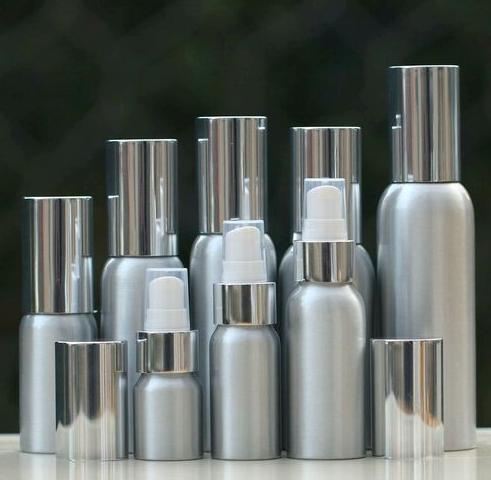
What are the Aluminium Packaging for Cosmetics?
Aluminum is a popular material for cosmetic packaging due to its numerous benefits, including its lightweight nature, durability, and ability to be recycled. Various types of aluminum packaging are used in the cosmetics industry. Here are some common examples:
- Aluminum Tubes: Aluminium tubes for cosmetics are widely used for packaging creams, lotions, and gels. Aluminum tubes are lightweight, easy to squeeze, and provide excellent protection against light and air, helping to preserve the product.
- Aluminum Bottles: Aluminum bottles are used for packaging a variety of cosmetic products, including shampoos, conditioners, and body washes. They are durable, resistant to corrosion, and can be easily recycled.
- Aluminum Jars: These are commonly used for packaging thicker products such as waxes, balms, and certain types of creams. Aluminum jars are often chosen for their protective qualities and their ability to keep the contents fresh.
- Aluminum Cans: While not as common in the cosmetics industry, aluminum cans are sometimes used for packaging products like hairsprays or aerosol-based products. They are lightweight and offer protection against external elements.
- Aluminum Compacts: Compact cases for products like pressed powders, eyeshadows, and blushes are often made from aluminum. These compacts are lightweight, sturdy, and provide a sleek and modern appearance.
- Aluminum Bottles with Spray Pumps: For products like perfumes and body mists, aluminum bottles with spray pumps are commonly used. The aluminum helps protect the fragrance from light and air, preserving its quality.
- Aluminum Sachets: Aluminum sachets are often used for single-use or sample-sized packaging of cosmetic products. They are convenient and help maintain the freshness of the product.
- Aluminum Foil Packaging: Aluminum foil is used for creating pouches or flexible packaging for various cosmetic products. It provides a barrier against moisture, light, and air, ensuring the product’s stability.
When considering aluminum packaging for cosmetics, it’s important to note that aluminum is highly recyclable, making it an environmentally friendly choice. Additionally, aluminum packaging helps extend the shelf life of cosmetic products by protecting them from external factors that can degrade their quality.
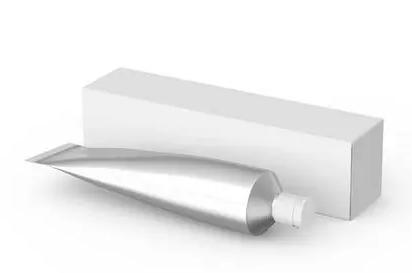
Conclusion
In the world of cosmetic packaging, the type of aluminum used plays a crucial role in determining the overall quality and appeal of the product. Aluminum alloys, with their lightweight, durable, and corrosion-resistant properties, offer a range of advantages that cater to the specific needs of the beauty industry. As sustainability becomes increasingly important, the recyclability of aluminum adds another layer of appeal to its use in cosmetic packaging. Manufacturers and consumers alike can benefit from the versatile and reliable qualities that aluminum brings to the table, making it a preferred choice for packaging various cosmetic formulations.

